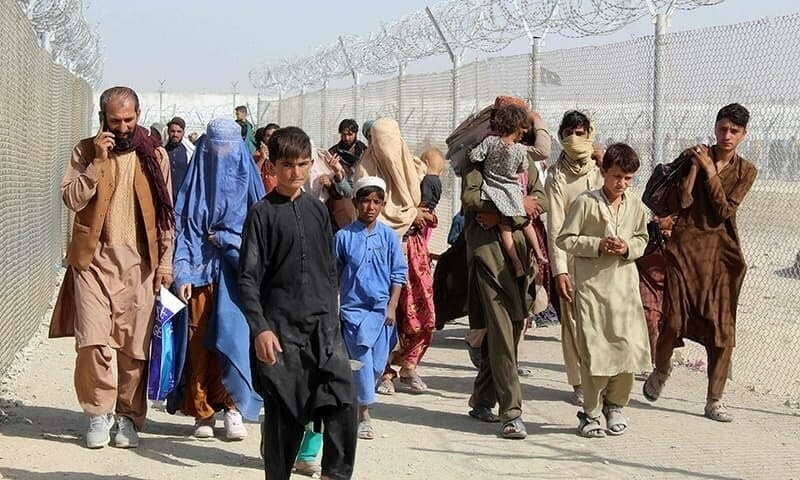WASHINGTON (Reuters): A group of former top US officials and US resettlement organisations on Tuesday urged Pakistan to exempt from deportation to Afghanistan thousands of Afghan applicants for special US visas or refugee relocation to the United States.
The caretaker government has set a Nov 1 deadline for all illegal immigrants, including hundreds of thousands of Afghans, to leave the country or face forcible expulsion.
The move had drawn a response from Afghan authorities, with Afghan Taliban spokesman Zabihullah Mujahid terming it “unacceptable” while urging authorities to revisit the policy.
Some 20,000 or more Afghans who fled the 2021 Taliban takeover of Afghanistan are in Pakistan awaiting the processing of their applications for US Special Immigration Visas (SIVs) or resettlement in the United States as refugees.
“To deport them back to an environment where their lives would be in jeopardy runs counter to humanitarian principles and international accords” signed by Pakistan, said an open letter sent to the Pakistani embassy signed by 80 former senior US officials, other individuals and US resettlement groups.
They included Colin Kahl, the No. 3 Pentagon official until July, three former US ambassadors to Kabul and two retired US generals.
The letter was organised by #AfghanEvac, the main coalition of US groups working to resettle in the United States Afghans who fear retaliation for working for the US government or US-linked organisations during the 20-year American war with the Taliban.
Those in Pakistan awaiting the processing of their applications for SIVs or refugee resettlement include former translators, journalists, women activists and “other professionals who face significant risks” if they return home, the letter said.
The signatories urged Pakistan to immediately halt deportations of those Afghans and “at a minimum” exempt them from detention or deportation.
The government has said the deportation process would be orderly and conducted in phases and could begin with people with criminal records.
According to caretaker Interior Minister Sarfraz Bugti, some 1.73 million Afghans in the country have no legal documents.







